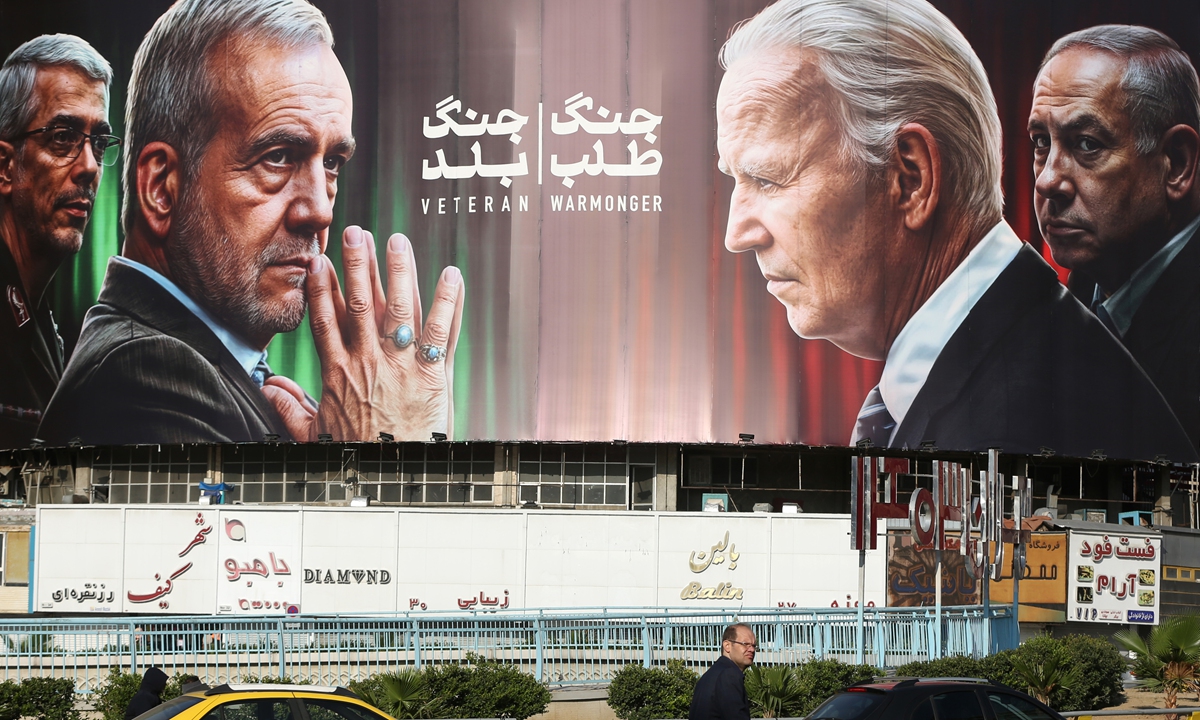
China's Firm Stance on Middle East Tensions Amid Rising Conflicts
As tensions in the Middle East escalate, China's foreign policy has taken a definitive stance against the violation of national sovereignty and the use of excessive military force. The recent Israeli missile attack on Iran has drawn sharp condemnation from Beijing, emphasizing the importance of dialogue and restraint among all parties involved.
On October 28, 2024, the Chinese Foreign Ministry made it clear that it opposes actions that undermine the security of nations. A spokesperson highlighted the necessity for all relevant countries to avoid exacerbating the already volatile situation in the region. This call for calm comes in light of escalating military actions, particularly Israel's strikes against Iranian targets, which have raised alarms within the international community. Iran responded to these provocations by seeking a UN Security Council meeting, asserting that Israel's actions contravene international law.
Also Read:- Draymond Green Reflects on Lauri Markkanen Trade Rumors: 'Could've Been Trash'
- Anthony Edwards Joins Elite Company, Echoing Steph Curry's Record
Iranian President Masoud Pezeshkian has stated that while Iran does not desire war, it will defend its rights and retaliate proportionately against aggression. This reflects a delicate balance Iran is trying to maintain, signaling to the world that while it seeks to avoid conflict, it remains resolute in protecting its sovereignty. Sun Degang, a notable scholar at Fudan University, echoed these sentiments, indicating that both Iran and Israel share an unspoken understanding to avoid a full-scale war, despite their aggressive posturing for domestic audiences.
Moreover, Zhu Weilie, an expert from the Shanghai International Studies University, stressed the urgent need for the US and other influential countries to foster peace rather than contribute to escalation. He noted that the potential for regional conflict could have dire consequences not only for the nations directly involved but also for global stability.
China's ambassador to the UN, Fu Cong, urged an immediate cessation of provocations and called for a cooling-off period to allow humanitarian efforts in Gaza and Lebanon. His remarks were made during an emergency Security Council meeting requested by Iran, supported by China, Russia, and Algeria. The discussions underscored the international community's desire to prevent further escalation and to find pathways toward a ceasefire.
The implications of Israel's military actions extend beyond its immediate impact, as they play into a larger narrative of regional dynamics involving Iran, the US, and other Middle Eastern nations. The Netanyahu government’s actions can be viewed as strategic moves, not only to address perceived threats but also to garner political support domestically and internationally, especially with the upcoming US presidential elections.
So, the current situation in the Middle East is fraught with risks that necessitate urgent diplomatic engagement. The international community must collectively work toward a resolution that prioritizes dialogue over military confrontation, ensuring that the lives of civilians are safeguarded and that peace can be restored in a region long plagued by conflict.
Read More:

0 Comments